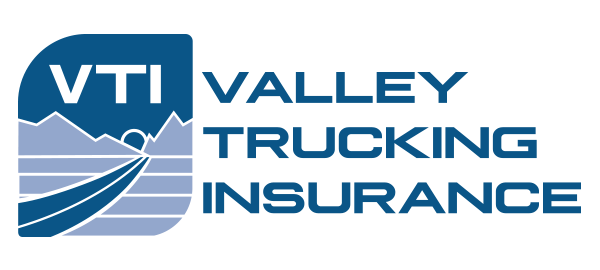Commercial Drivers License (CDL)
All of your company’s drivers need to have a valid commercial driver’s license. Obtaining a license involves an extensive background check, CDL training, a written permit exam and a driving test. To be eligible for a CDL, you must be at least 18 years old. You must be at least 21 to drive a truck from state to state.
You will also need to have a Federal DOT and Motor Carrier Authority Numbers
These numbers are required for your trucking company to haul cargo in the United States. The U.S. DOT number is used to track your company’s safety record and compliance with regulations. The motor carrier (MC) number, which is also known as “operating authority,” identifies the kind of trucking business you operate and the kinds of goods you are permitted to haul. You can acquire both numbers by registering your company with the Federal Motor Carrier Safety Administration (FMCSA).
You will also need to complete your unified carrier registration (UCR)
The UCR system was created to verify active insurance coverage in each state where a motor carrier operates. You must register using your company’s USDOT and MC numbers.
You will also want to get an International Registration Plan (IRP) Tag
An IRP license plate issued by your company’s home state allows your truck to operate in all states, as well as most Canadian provinces. The plate requires an annual renewal fee. For more information, visit the Department of Transportation website for the state where your company is based.
Also you need to understand heavy use tax regulations and what they mean to your company. Any truck that weighs 55,000 pounds or more is subject to the federal heavy-highway vehicle use tax. To pay taxes due on your heavy trucks, you must complete and file a 2290 tax form with the IRS on a yearly basis. For more information on the form, visit www.irs.gov..
You will also need to obtain an International Fuel Tax Agreement (IFTA) Decal
The IFTA agreement was established to simplify the reporting of fuel used by trucks operating across the lower 48 U.S. states and some Canadian provinces. The rule allows your company to have a single fuel license and requires you to file quarterly fuel use tax returns with the state where you are based.
You will want to file a BOC-3 Form. One requirement to gain interstate operating authority is to register an up-to-date BOC-3 form with the FMCSA. The form designates a person in each state where your company operates to act as a legal “process agent.” For example, if your company is based in Washington State but you are sued by someone in Texas, you need an attorney in Texas who can receive the legal complaint and communicate it to you and your local attorney. For more information on the BOC-3 form, visit www.fmcsa.dot.gov..
You will also want to get a Standard Carrier Alpha Code (SCAC) The SCAC is a privately controlled code used to identify different transportation companies. If you plan to haul military, government, international or intermodal loads, you will need an SCAC code.
